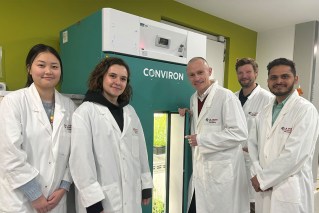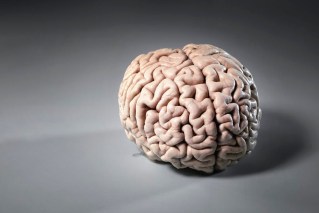No link between fussy eating habits and autism, Qld study finds
Autistic kids may be picky eaters but a Queensland study has found there is no evidence that diet affects their traits.

New research has found there is no link between diet and autism. (File image)
Led by Mater Research and The University of Queensland, the study has challenged a growing belief that bacteria in the gut – or microbiome – “causes” autism.
Instead their research discovered it was the other way around, saying restricted diets through “fussy eating” – common in autistic people due to sensitivities and repetitive interests – affected the gut microbiome.
The study said gut complaints are common among autistic people, prompting the rise of interventions such as fad diets, probiotics or faecal transplants that claimed to relieve or prevent autistic behaviour.
The study’s first author Chloe Yap hoped their findings “put the brakes” on such treatments.
“While it’s a popular idea that the microbiome affects behaviour, our findings flip that causality on its head,” said Ms Yap, who is completing her medical degree and PhD at the University of Queensland.
“We found that children with an autism diagnosis tended to be pickier eaters, which led them to have a less-diverse microbiome and this in turn was linked to more-watery stools.
“Our data suggests that behaviour and dietary preferences affect the microbiome, rather than the other way around.”
In the largest study of its kind to date, the research team examined stool samples of 247 children, including 99 children diagnosed with autism.
Senior study investigator Dr Jake Gratten said that out of more than 600 bacterial species identified in the gut microbiomes of study participants, only one was associated with a diagnosis of autism.
“There’s been a lot of hype around the gut microbiome in autism in recent years, driven by reports that autistic children have high rates of gut problems,” said Dr Gratten, the head of Mater Research’s Cognitive Health Genomics Group.
“But that hype has outstripped the evidence.
“We are already seeing early clinical trials involving faecal microbiota transplants from non-autistic donors to autistic people, despite not actually having evidence that the microbiome drives autism.
“Our results suggest that these studies are premature.”
The study was published in scientific journal Cell on Friday.












